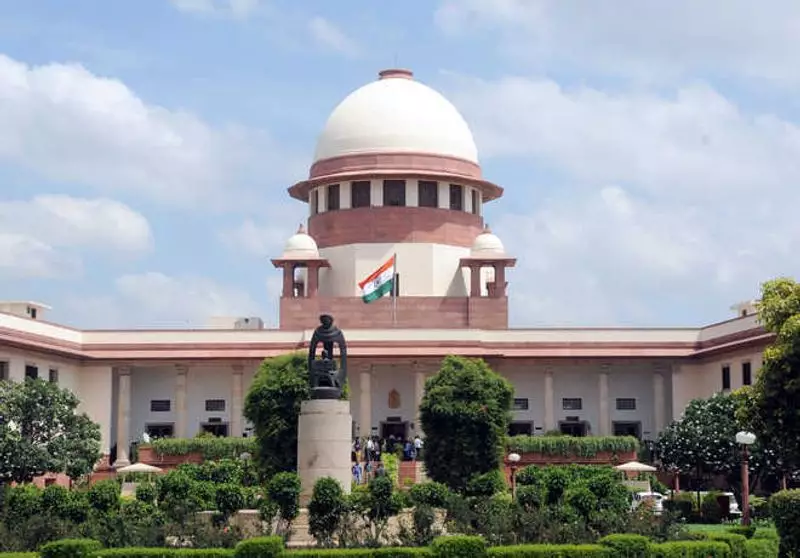
In a significant development that underscores the gravity of India's stray dog crisis, the Supreme Court has firmly rejected requests from several states seeking virtual appearance for their chief secretaries in the upcoming November 3 hearing.
The apex court's uncompromising stance sends a clear message about the seriousness with which it views the growing menace of stray dogs across the country. By demanding physical presence, the court emphasizes the need for direct accountability from top state officials.
Court Demands Direct Accountability
The refusal to permit virtual participation comes amid escalating concerns about public safety and health hazards posed by uncontrolled stray dog populations in urban and rural areas alike. Recent incidents of dog attacks have heightened public anxiety, putting pressure on authorities to find effective solutions.
The November 3 hearing is expected to be a crucial turning point in addressing this long-standing issue that affects millions of citizens daily. With chief secretaries required to appear in person, the court aims to ensure that state governments come prepared with concrete action plans and implementation strategies.
What This Means for State Governments
- Chief secretaries must make physical arrangements to appear before the Supreme Court
- States need to prepare comprehensive reports on their current stray dog management strategies
- Officials must be ready to answer tough questions about implementation gaps
- The hearing could lead to mandatory guidelines for all states to follow
This development comes at a time when municipal corporations and local bodies across India are struggling to balance animal welfare concerns with public safety demands. The court's intervention signals that half-measures and delays will no longer be tolerated.
Legal experts suggest that the Supreme Court's firm position indicates its intention to push for a nationwide, coordinated approach to tackle what has become both a public health emergency and a governance challenge.





